The Essential Guide to Data Management Platforms in 2024
- PM
- March 27, 2024
- Edited March 27, 2024
Table of Contents
In the fast-paced digital era, the way we handle and interpret data has become a cornerstone of success across industries. With technology evolving at a breakneck speed, it’s critical to stay updated on the tools that shape our ability to make informed decisions. Among these, Data Management Platforms (DMPs) have emerged as indispensable allies. They’re not just tools; they’re the foundation upon which businesses can build their data-driven strategies. Today, let’s dive deep into what a data management platform is, its importance, its functionalities, and how it stands in 2024.
What is a Data Management Platform?
At its core, a data management platform is a technology-based solution designed to collect, organize, and activate data from various sources. Think of it as a sophisticated library where, instead of books, you have data. This library doesn’t just store information; it categorizes, analyzes, and makes it accessible for specific purposes, such as personalized marketing campaigns, customer insights, and predictive analytics.
Why Data Management Platforms Are Essential
First off, data is everywhere. From the clicks on a website to the engagement on social media platforms, every digital action generates data. However, this abundance of information can be as overwhelming as it is valuable. Here, a data management platform steps in to make sense of the chaos. It filters, sorts, and prepares data, making it ready for analysis. This process not only saves time but also ensures that businesses are acting on reliable and relevant information.
Moreover, in today’s competitive environment, personalization is key. A data management platform enables businesses to tailor their offerings to meet the unique needs and preferences of their customers. By understanding their audience at a granular level, companies can create targeted marketing campaigns that resonate with their customers, leading to higher engagement and loyalty.
The Functionality of a Data Management Platform
Delving into the technicalities, a data management platform offers a range of functionalities that extend far beyond mere data storage. First, it aggregates data from multiple sources, including first-party data (from your own channels), second-party data (shared between partners), and third-party data (purchased from external sources). This aggregation provides a holistic view of the data at your disposal.
Next, the platform segments the data based on predefined criteria, such as demographics, behavior, or engagement levels. These segments can then be used to create more targeted marketing strategies.
Additionally, a data management platform often integrates with other marketing and analytics tools. This integration allows for the seamless activation of data across different channels, ensuring that the insights gained from the data are effectively put to use.
Challenges and Considerations
While the advantages of a data management platform are clear, there are challenges and considerations to keep in mind. Privacy regulations, such as GDPR in Europe and CCPA in California, place strict guidelines on how data can be collected, stored, and used. It’s crucial for businesses to ensure their data management practices are compliant with these regulations to avoid hefty fines and damage to their reputation.
Another consideration is the quality of data. The old adage “garbage in, garbage out” holds particularly true here. If the data fed into the platform is inaccurate or incomplete, the insights derived from it will be unreliable. Investing in data cleansing and enrichment practices is essential to get the most out of a data management platform.
Looking Ahead: Data Management Platforms in 2024
As we move into 2024, the role of data management platforms continues to evolve. The increasing emphasis on artificial intelligence and machine learning means that DMPs are becoming more sophisticated in their ability to analyze and predict customer behavior. This evolution opens up new possibilities for personalization and customer engagement.
Moreover, the growing awareness around privacy and data security is pushing developers to create more secure and transparent platforms. We’re likely to see innovations that offer greater control to users over their data, as well as more robust security features to protect against data breaches.
Finally, the integration of data management platforms with emerging technologies such as blockchain could revolutionize the way we think about data ownership and transparency. These developments promise to enhance the capabilities of DMPs, making them even more valuable to businesses across industries.
The Ever-Growing Importance of Data Management Platforms
As we’ve explored, data management platforms are more than just a tool; they are a vital component of a modern business’s strategy. By efficiently managing the vast amounts of data generated every day, DMPs empower businesses to make informed decisions, tailor their offerings, and engage with their customers on a deeper level.
However, it’s essential to approach data management with a clear understanding of the challenges, particularly regarding privacy and data quality. As technology continues to advance, staying informed and adapting to changes will be key to leveraging the full potential of data management platforms.
Read More:

Jessica R.
Jessica is a seasoned GMP compliance consultant and technical writer specializing in pharmaceutical manufacturing, data integrity, and quality assurance. With over 12 years of experience working with global pharmaceutical firms, Jessica brings deep industry insights into FDA, EMA, and MHRA regulations.
